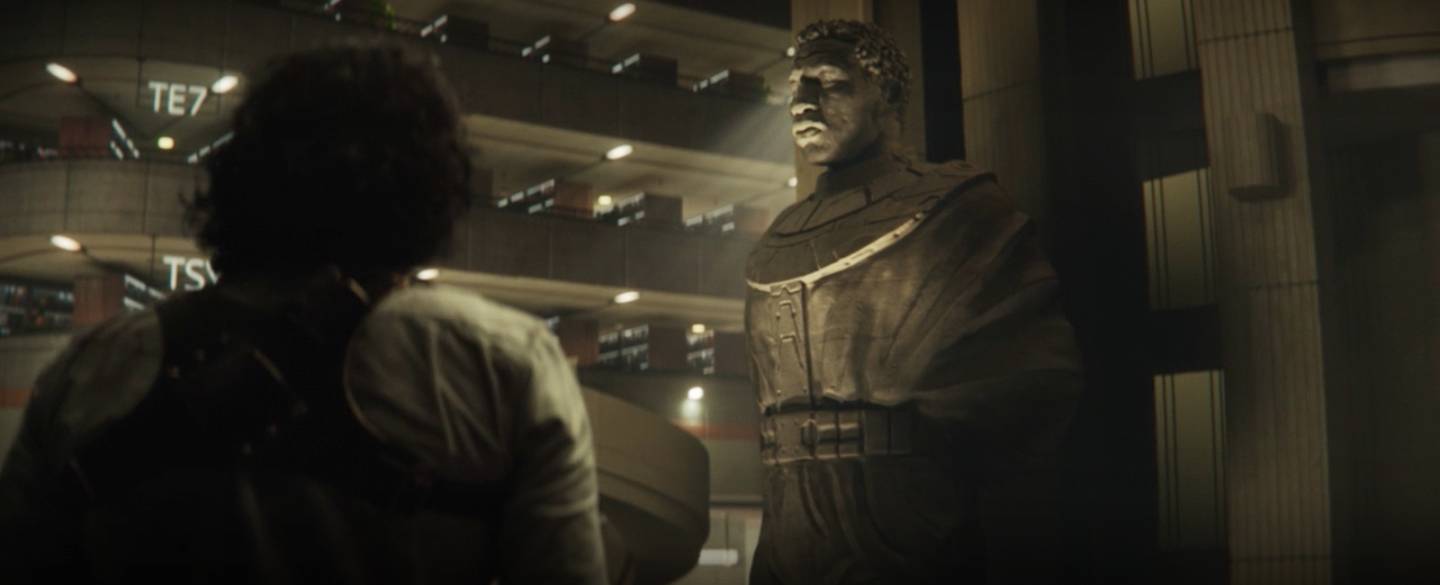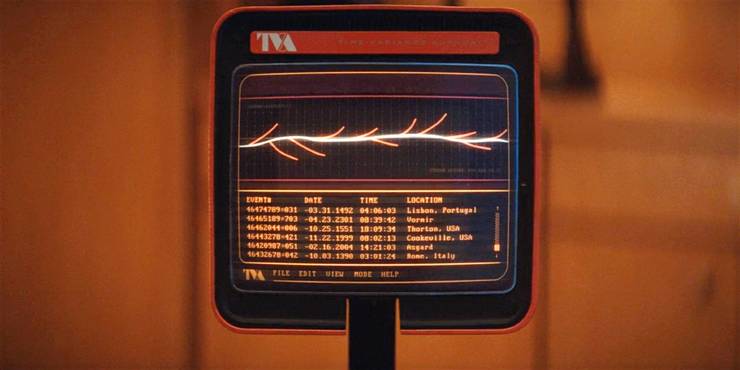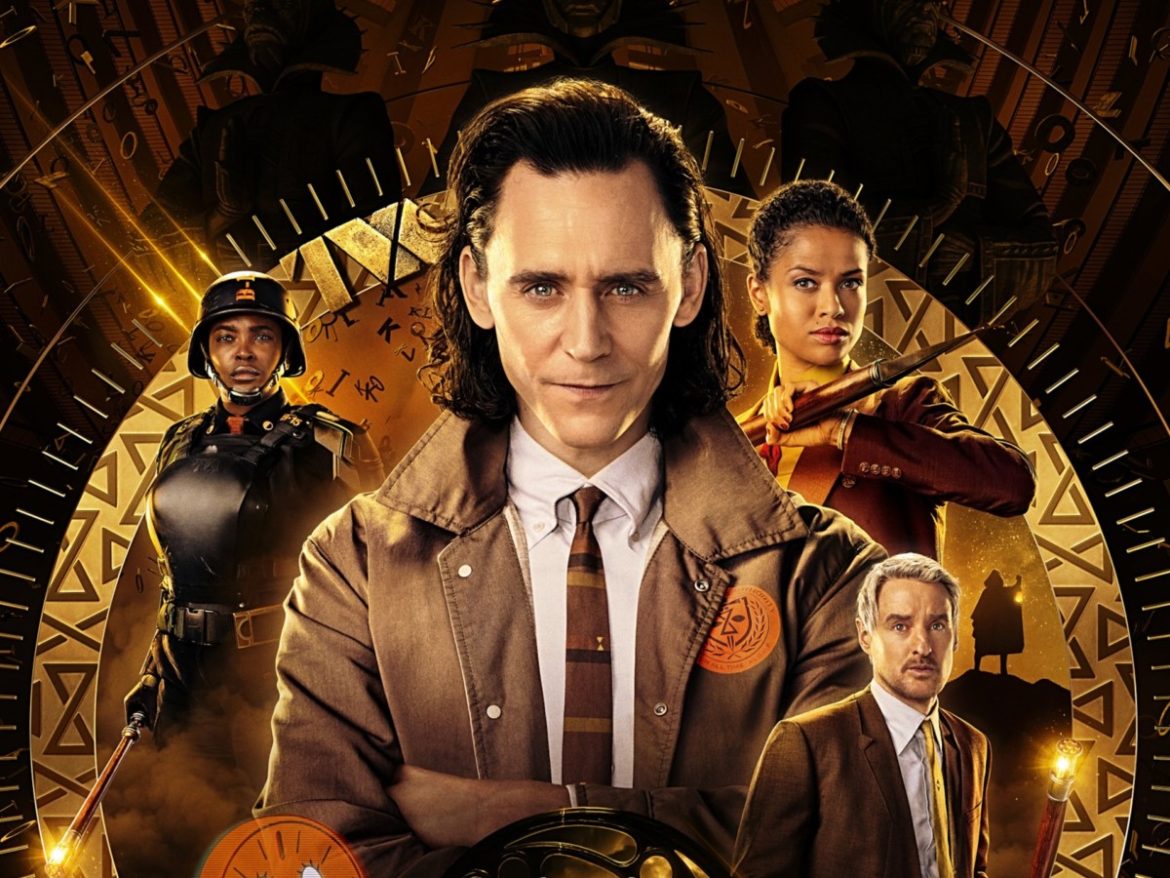Sophia Doshi, Reporter
@sophiadcourant
I never thought I would say this, but I am actually interested in what we are learning in physics right now. Crazy, right?! Sophia Doshi, reader, musician, and artist extraordinaire (not really, though, I dabble), interested in physics of all things? Let me explain to you why my fascination has been piqued all of a sudden by, in my opinion, one of the most monotonous and disheartening science courses at the high school.
It was the day after test day; the whole class was understandably exhausted and not in the best of moods, and starting a new unit was in none of our best interests. However, when the topic of the functions of the universe came up in the curriculum and the lecture started, I found myself increasingly interested in what my teacher had to say.
Of course, I had always been curious about the universe because I grew up listening to my father talking about the mysteries of the universe—how it’s ever-expanding, dark matter, the formation of black holes (where do they lead to?)—so I kind of had a head-start in that department. However, when the physics are thrown in with the mysteries of the universe, it becomes that more exciting.
Then, a couple of days into the unit, I found myself pondering what physics has to do with pop culture after my teacher was complaining about how Hollywood misrepresents physics in film… That’s a story for another day. Films and shows like Tenet, Interstellar, The Flash, Crisis on Infinite Earths, The Big Bang Theory, and many others explore the mysterious concepts of the universe. However, the show that my mind went to was Loki.

This hit show was the last in the ‘big three’ that Marvel premiered in its new era, known to fans as ‘Phase 4’. It was released among other Marvel shows like WandaVision and Falcon and the Winter Soldier which were popular among fans as well. However, Loki is the show that gets particularly scientific. Yet in order to describe the science of the show properly—or in the only way I know how—we have to start at the end.

The end of the last episode features a betrayed Loki (who was sent into another dimension by Sylvie, a female Loki variant) frantically searching for a familiar face. The faces he finds are of Mobius and Hunter B-15, neither of whom recognize him. The ending shot sees Loki scaredly observing a statue of Kang the Conqueror within a different TVA (also known as the Time Variance Authority). Now, most Marvel fans would end the storytelling there; no one truly wants to go into the deep science of any action- or thriller-related show. That’s where I come in.

You see, Loki was thrown into what I suspect is not only a different timeline, but a different universe altogether. There’s a theory called the Multiverse Theory that is believed by a vast range of people coming from all types of backgrounds. Livescience.com states, “Multiverse theory suggests that our universe, with all its hundreds of billions of galaxies and almost countless stars, spanning tens of billions of light-years, may not be the only one.
Instead, there may be an entirely different universe, distantly separated from ours—and another, and another. Indeed, there may be an infinity of universes, all with their own laws of physics, their own collections of stars and galaxies (if stars and galaxies can exist in those universes), and maybe even their own intelligent civilizations.” I highly recommend that you go check out that article, linked here: https://www.livescience.com/multiverse. In short, the theory suggests that we may not be the only universe in existence, but the existences of these different universes may not all be occurring at the same time. Hence why Loki could have been thrown into a different timeline in a different universe.
Yet, Loki’s arrival in this new timeline in a different universe is unrelated to his own existence. According to Kristie Miller, a professor in the department of philosophy and joint director of the Center for Time, quantum events create new branches that unfurl into new universes, not the actions of any individual. In other words, events that have a certain level of influence over existence(let’s say, universe-altering events), are the only kinds of events that can actually create these new universes.
So don’t worry, taking a left won’t prevent you from meeting your soulmate and going right doesn’t mean that you’ll fall down the stairs and break your neck.
Of course, none of these theories are proven. For all we know, our universe may be the only universe. In fact, there may only be one timeline, and perhaps time and multiverse travel will be proven impossible. But until then, believers will be believers and skeptics will be skeptics. However, there’s nothing wrong with enjoying the possibilities of science.




